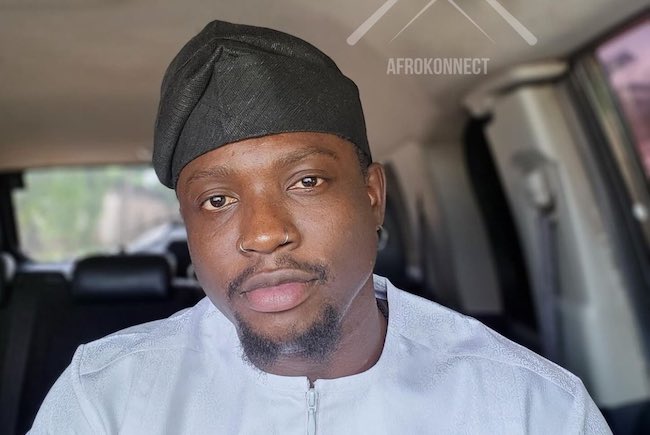The Nigerian social media landscape was recently ablaze with controversy following claims by popular influencer, VeryDarkMan, whose real name is Stanley Ebuka Nnaemeka, that his non-governmental organization (NGO), which focuses on raising awareness and fighting against depression, was hacked and a staggering ₦180 million (approximately $380,000 USD) was stolen. This claim was met with widespread skepticism and a torrent of questioning from Nigerians online, triggering a complex debate regarding online transparency, accountability, and the very nature of philanthropy in the digital age. The incident highlighted the inherent distrust many Nigerians harbor towards online fundraising, particularly concerning the management and utilization of donated funds. The clamor for proof and a detailed explanation of how such a substantial amount of money ended up in the NGO’s account, and subsequently vanished, fueled the intense online scrutiny.
The core of the public’s skepticism stemmed from several factors. Firstly, VeryDarkMan had not previously disclosed the existence of this substantial sum, nor had he publicly detailed the NGO’s financial operations. The sudden revelation of such a large amount raised immediate red flags. Secondly, the influencer’s explanation of the alleged hacking lacked technical specifics and sounded implausible to many tech-savvy Nigerians. He claimed the hackers transferred the funds through a “forged signature,” a method that raised questions about the security protocols of the account and the bank involved. Thirdly, VeryDarkMan’s online persona, characterized by a blend of humor and social commentary, often intertwined with promotional content, further contributed to the public’s suspicion. Many questioned whether the entire incident was a fabricated publicity stunt designed to generate engagement and potentially further his influencer career.
Further fueling the public’s doubt was the lack of independent verification of the alleged hack. VeryDarkMan initially offered limited evidence, primarily screenshots of purported bank transactions. These screenshots, however, lacked crucial details and were easily dismissed as potentially manipulated. The absence of an official police report and a statement from the bank allegedly involved further compounded the skepticism. The demand for more substantial proof, including a formal investigation and documentation from relevant authorities, became the dominant narrative online. The incident underscored the importance of transparency and accountability, especially for individuals and organizations soliciting donations from the public.
The VeryDarkMan incident also sparked a broader discussion about the regulatory landscape surrounding online fundraising in Nigeria. Currently, there is a lack of robust oversight and clear legal frameworks governing digital charitable activities. This regulatory gap creates an environment ripe for potential misuse and fraud, making it difficult for donors to verify the legitimacy of online appeals and track the utilization of their contributions. The incident brought to the fore the need for stricter regulations and monitoring mechanisms to ensure transparency and accountability in online fundraising, safeguarding both donors and the integrity of charitable causes. The calls for increased regulation also highlighted the need for individuals and organizations involved in online philanthropy to proactively embrace transparency in their operations, providing regular updates and detailed financial reports to build trust and maintain public confidence.
Beyond the specifics of the alleged hacking, the incident revealed a deeper societal distrust stemming from past experiences with fraudulent online schemes and misappropriation of funds by individuals and organizations posing as charities. Nigerians have witnessed numerous instances of online scams, particularly those exploiting emotional vulnerabilities related to health and social causes. This history of online fraud has created a climate of suspicion, making it increasingly difficult for legitimate charities and NGOs to garner public trust and secure funding. The VeryDarkMan incident served as a stark reminder of the challenges faced by legitimate organizations operating in a digital space plagued by scams and misinformation.
In conclusion, the VeryDarkMan ₦180 million hack claim ignited a firestorm of controversy in Nigeria, raising fundamental questions about online transparency, accountability, and the regulatory landscape surrounding digital philanthropy. The public’s skepticism, fueled by the influencer’s lack of concrete evidence, inconsistent explanations, and the broader context of online fraud in Nigeria, underscored the urgent need for increased regulation and a more transparent approach to online fundraising. The incident serves as a cautionary tale, highlighting the importance of building trust, providing verifiable proof, and adhering to ethical practices in the digital age, particularly when dealing with public donations and sensitive social causes. The long-term impact of this incident remains to be seen, but it undoubtedly serves as a pivotal moment in the evolution of online philanthropy and public accountability in Nigeria.














